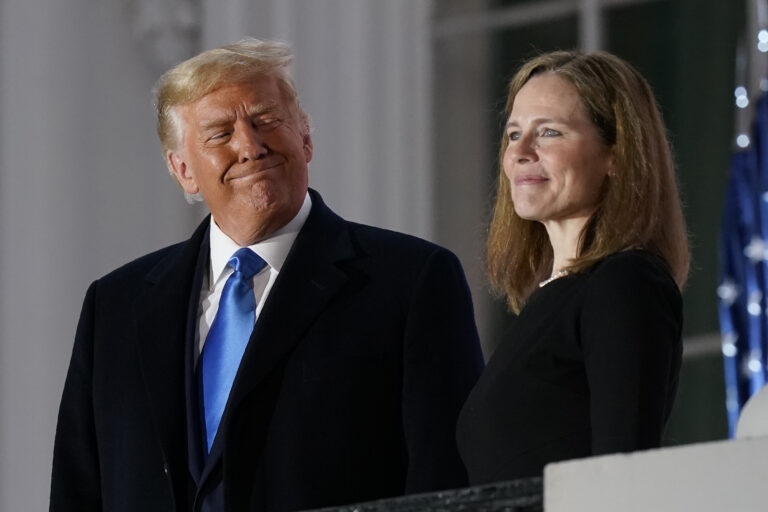The War on Workers

In one challenge to the DOL’s rule limiting when employers can use the tip credit to pay tip-earning workers the lower $2.13 minimum wage under the Fair Labor Standards Act, the Restaurant Law Center argues that Loper Bright “makes clear” that the regulation shouldn’t receive “special deference.”
“Instead, it is the Court’s paramount role to decide all relevant questions of law, interpret the statutory text, and determine whether a regulation meets any of the standards set forth” in the Administrative Procedure Act, the Restaurant Law Center argued in a July 2 filing with the US Court of Appeals for the Fifth Circuit.
Businesses have also cited Loper Bright in two separate cases challenging the DOL’s independent contractor rule in federal courts in Texas and Louisiana. Both the Coalition for Workforce Innovation and a trucking company have argued that the Biden administration’s worker classification rule—which generally makes it harder for companies to classify their workers as independent contractors as opposed to employees—went beyond the agency’s authority.
Under Loper Bright, the DOL shouldn’t be owed any deference in its interpretation of the FLSA, attorneys contend in recent filings in both cases.
“To the extent that the DOL Defendants rely generally upon Chevron, U.S.A., Inc. v. Nat. Res. Def. Council, Inc., and its progeny in their arguments by claiming they are entitled to deference based on agency expertise in promulgating the 2024 Rule, ‘Chevron is overruled,’” attorneys for trucking company Frisards Transportation said in a July 2 filing, quoting Loper Bright.
And the Fifth Circuit on July 1 directly asked business owner Robert Mayfield and the DOL to provide briefs explaining how the ruling would impact Mayfield’s pending legal challenge to a 2019 overtime rule.
It’s the Fifth Circuit so it’s at least possible that the decision coming out of there will be so shoddy that the Court will reject it, but also laying out for more competent fascists how to write the language that will allow the effective overturning of the entire labor regulatory state, including OSHA.


